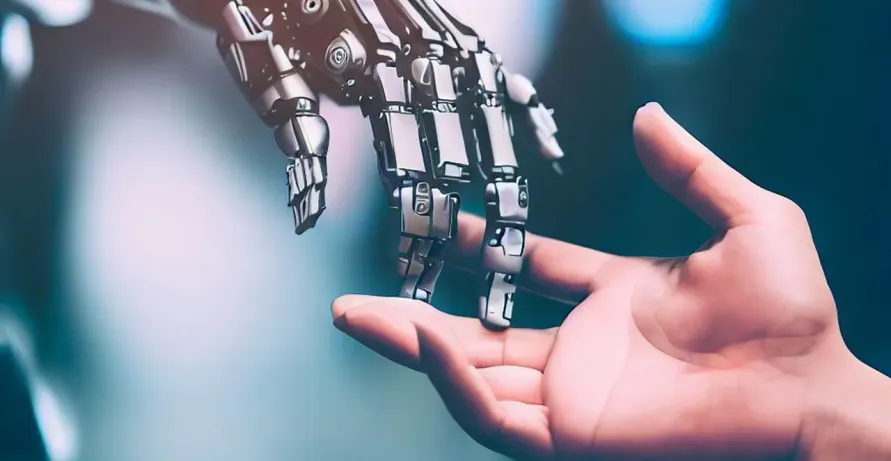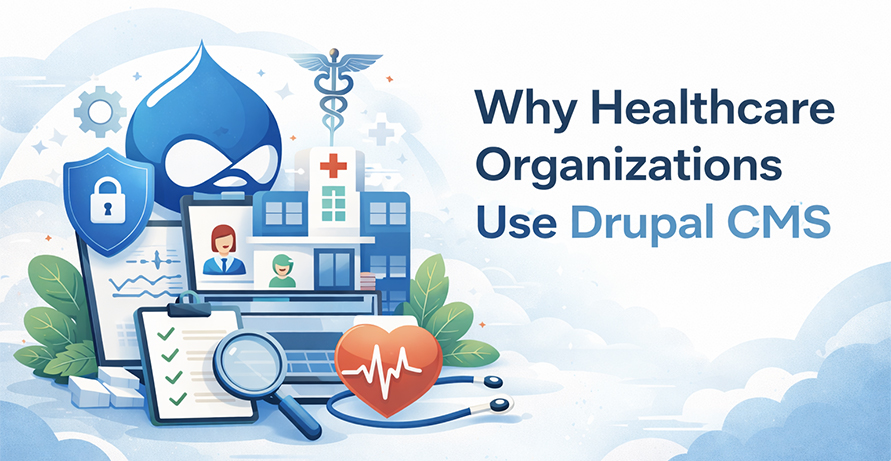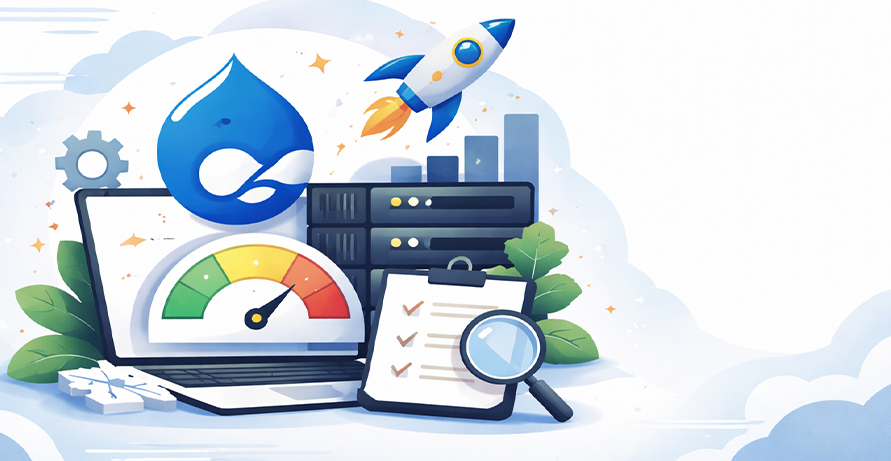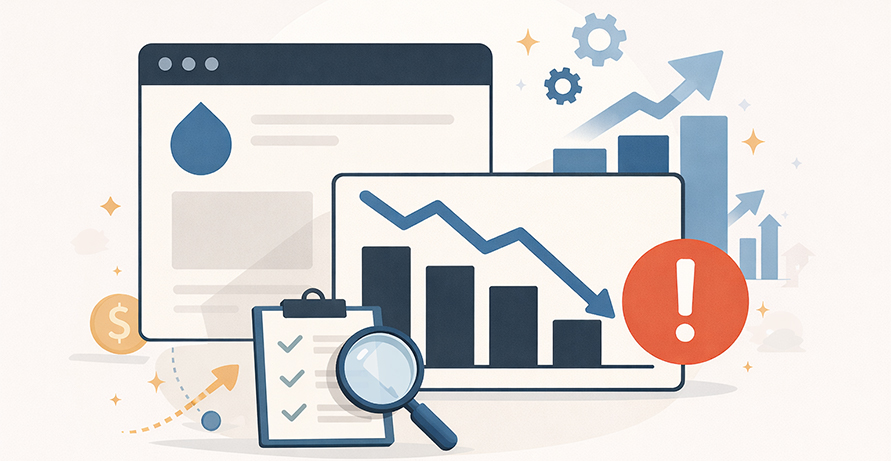Revolutionizing Industries: How AI Enhances Our Daily Lives

Nearly every sector experiences a profound shift due to artificial intelligence (AI), significantly influencing our daily experiences. Whether in transportation, healthcare, finance, or agriculture, AI-driven solutions automate tasks, process data, and aid humans in unprecedented ways. This article delves into the thrilling transformations AI brings to different industries, ultimately enhancing the quality of life globally.
Transforming Transportation
The transportation industry is experiencing a revolution driven by AI. Self-driving vehicles, including cars and trucks, have the potential to dramatically transform both personal transportation and logistics operations by enhancing safety, efficiency, and accessibility. AI algorithms enable autonomous vehicles to comprehend intricate surroundings, identify obstacles, and execute driving decisions. Leading companies such as Tesla, Uber, and Waymo are in a race to deploy fully autonomous rideshare fleets and long-distance delivery services.
Moreover, AI is enhancing public transportation systems. Subway and rail networks utilize computer vision technology to monitor tracks, stations, and passengers in real-time, preemptively identifying safety concerns. Intelligent scheduling systems leverage data analysis to optimize routes, vehicle frequency, and overall operational efficiency. Rideshare platforms utilize surge pricing algorithms to dynamically adjust to rider demand. Additionally, air travel experiences improvements facilitated by AI-powered chatbots for customer service and autonomous luggage robots for streamlined baggage handling.
Revolutionizing Healthcare
AI has huge potential to make healthcare better. It can help doctors find diseases earlier and give personalized advice to patients. Robots can help with surgery, and smart prosthetics can move with patients and feel like real limbs. Wearable devices can track health signs and tell doctors if something's wrong early. With all the health information we have, AI will keep making medicine better by finding problems sooner and giving better treatments.
Optimizing Manufacturing
AI is making factories work better. Smart robots with special eyes and learning skills help humans do repetitive and risky jobs more accurately. AI looks at data from machines to see if they might break soon and fixes them before they do. It also helps plan when to make things and how to get them where they need to go.
AI is also making it easier to customize products. It can understand what each customer wants and suggest the right products. It can also quickly come up with lots of different designs to fit special needs. Thanks to AI, making things in factories is getting safer, faster, and more personalized for customers.
Revolutionizing Agriculture
AI could help solve big problems in farming around the world. With new technology, tractors can drive themselves using GPS to plant and harvest crops exactly where they should be. AI looks at information from sensors and pictures taken from above to figure out how to water, fertilize, and protect plants from bugs in the best way possible. This smart farming reduces waste, gets the most out of crops, and helps the environment.
Using special cameras and learning skills, AI can also keep an eye on animals to make sure they're healthy and happy. Farmers can even chat with AI for advice on how to grow their crops better. AI is also helping scientists make better seeds and plants. With smarter planning and less waste, AI can help make sure there's enough food for everyone as the world's population keeps growing.
Improving Cybersecurity
As technology gets more complicated, AI is becoming super important for keeping things safe online. AI programs can find sneaky viruses, malware, and strange activities that regular security software might miss. By looking at tons of data about what's happening on a network, AI can see when hackers are trying to break in and stop them right away. It also helps organizations by figuring out where their systems might be weak and practicing how to defend against cyberattacks.
AI-powered tools use things like your fingerprint or how you normally behave to make sure it's really you trying to log in to your accounts. Chatbots act like digital security guards, keeping an eye out for trouble and letting the IT team know if something's wrong. AI also checks to make sure all the security rules are set up right and looks for any spots where hackers could sneak in. Because cyber threats are always changing, AI's ability to learn and recognize patterns will keep us safer online.
Optimizing Business Operations
Businesses across various industries are harnessing AI to enhance their efficiency. Advanced inventory systems keep track of products and materials in real time, ensuring optimal stock levels. Chatbots handle customer inquiries, improving service quality while reducing labor expenses. Algorithms analyze sales data and market trends to generate accurate sales forecasts.
AI-driven workforce management platforms optimize staff schedules based on expected customer traffic. Accounts payable software automates expense report processing and invoice handling. Recommendation engines drive sales by offering personalized promotions and product suggestions. Fraud detection systems identify unusual transactions, minimizing financial losses. By integrating AI into their operations, companies can cut costs and maximize productivity across the board.
The Future with AI
Although AI is already revolutionizing industries, we're only scratching the surface of its potential to enhance our lives and work. As algorithms become more advanced and computing power increases, we anticipate breakthroughs in self-driving networks, smart cities, innovative business practices, and improved healthcare. To ensure we achieve a future empowered by AI, we must address challenges related to data fairness, transparency, ethics, and potential job displacement. With responsible harnessing, AI has the capacity to bring significant prosperity and progress to humanity.
Conclusion
Artificial intelligence stands out as one of the most revolutionary technologies of our era. Fueled by massive data, sophisticated algorithms, and enhanced computing capabilities, AI is streamlining operations, boosting efficiencies, and enhancing human skills across various sectors. Whether in transportation, healthcare, manufacturing, or agriculture, AI innovations are yielding tangible advantages. As AI continues to evolve, it holds the potential to become an essential force propelling society forward. However, it's crucial to steer its development and use responsibly, ensuring benefits for everyone. With AI's ongoing advancements, the future appears promising, envisioning a world that is more productive, convenient, secure, and intelligent.
Also Read:
Common Website Security Threats You Should Be Aware of
Does your Drupal website need a refresh or a complete overhaul?








